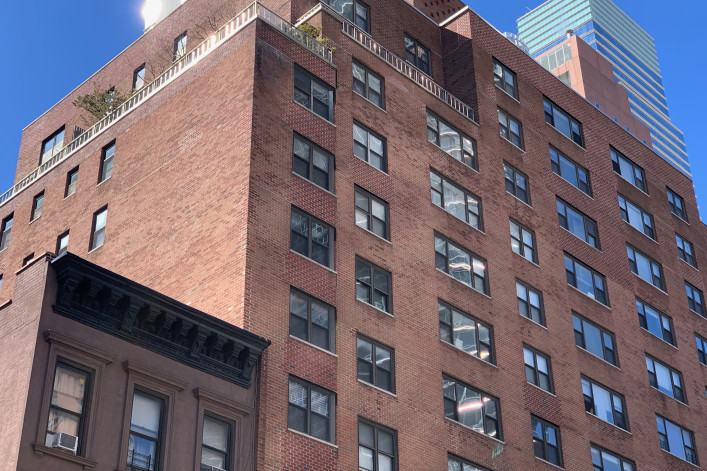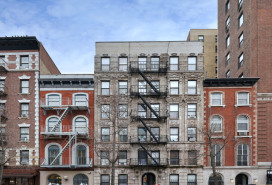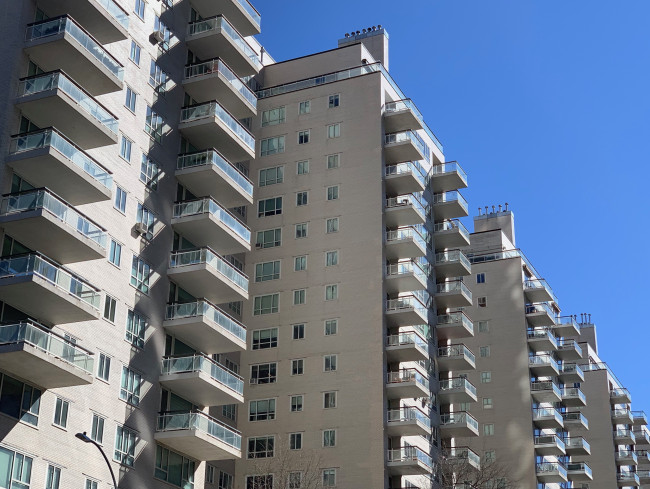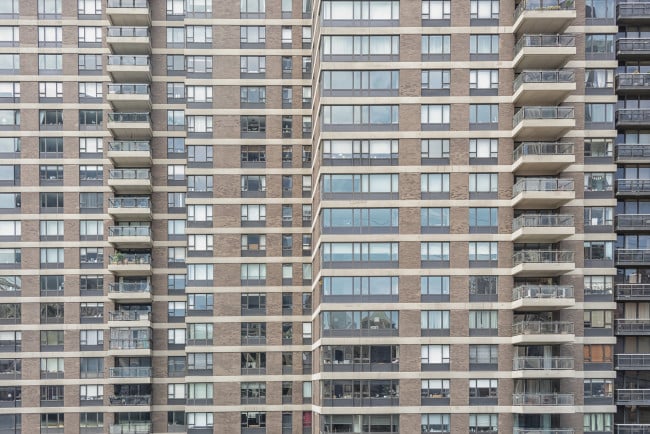Renting in a NYC co-op or condo building? Expect to pay some extra fees

Some fees include a board fee and move-in deposit. There may be other fees associated with moving in as well.
When you rent an apartment in New York City, you’re probably aware that you have to pay several fees upfront, like a security deposit, first month’s rent, and sometimes a broker fee. If you’re renting in a co-op or condo building, you may be surprised to find that you have to pay some additional fees.
When the Housing Stability and Tenant Protection Act was passed in 2019, it set new limits on the security deposit, and those caps apply to rentals in co-op and condo buildings. However, these buildings are also allowed to ask for additional fees that you don’t see in a rental building. These fees can range from hundreds to thousands of dollars, depending on the building.
Usually a co-op or condo building will also require the owner of the apartment to pay an annual or monthly subletting fee. If the board is charging the owner of your apartment this fee, then it could be passed on to you, says Kevin McConnell, a partner at HMGDJ Law (a Brick Underground sponsor). Some owners do this as an alternative to raising the rent, he says.
But those aren’t the only fees you might have to pay: You may have to pay a board fee, which serves as an application fee and is not capped by the 2019 changes to the rent laws, which set a limit of $20 for applications in rental buildings.
If you don’t mind paying these extra costs, it can be worth it: Renting in a co-op or condo building can get you a nicer apartment with more amenities. And the building will likely be better maintained than most rental buildings.
Keep reading for more on the extra fees you’ll pay when you rent in a co-op or condo, and which ones are negotiable.
Additional fees
Co-op or condo boards usually require an application-type fee, which can range from hundreds to thousands of dollars, says Christoper Totaro, a broker at Warburg Realty. “I have seen as high as $1,500,” he says. You can also expect to pay other application-related fees like processing and credit check fees for each applicant, he says. Typically, these fees range from $50 to $150 per applicant, depending on whether the board does a full background check, he says.
Some co-op buildings might also ask you to pay a move-in deposit, which is usually refundable if you don’t cause any damage during your move, Totaro says.
These fees vary from building to building, and borough to borough, and are likely more expensive in Manhattan, says Bianca Colasuonno, a broker at Compass. In Queens, the highest board fee she has seen is around $600, she says.
But, the fees don’t stop there: Some buildings make you pay fees for things like using an elevator when you move in or out, Colasuonno says. You might even be charged an extra fee for the super having to pad the elevator, she says.
Wondering where all this money goes? Colasuonno says a portion usually goes to the management company to cover processing your application. And some might go into a building's general account, she says.
Can you negotiate?
Considering all of the vacant apartments on the rental market right now, you might wonder if there’s room to negotiate. For example you might see if your landlord will pay the fees for you—or if the co-op board would waive them altogether. All of the brokers Brick spoke to say the co-ops are still requesting these fees. That doesn't prevent you from asking the apartment owner to cover the fee for you.
Depending on how long the apartment has been on the market, you might find an owner who is willing to cover at least a portion of the fees, says Kathryn Landow, a broker at Warburg Realty.
However, if the apartment is priced well and there are other renters interested in the apartment, you might lose the apartment to someone who is willing to pay the fees themselves, Landow says.
And if you try to argue that you shouldn't have to pay the fees after the 2019 rent reforms, they’ll likely tell you to move on, says Sam Himmelstein, a partner at HMGDJ Law (a Brick Underground sponsor). Most renters aren’t going to hire a lawyer to figure it out anyway, he says.
So, if you really don’t want to pay the fees, you might want to stick to rental buildings—you have plenty of options right now anyway.
You Might Also Like


























